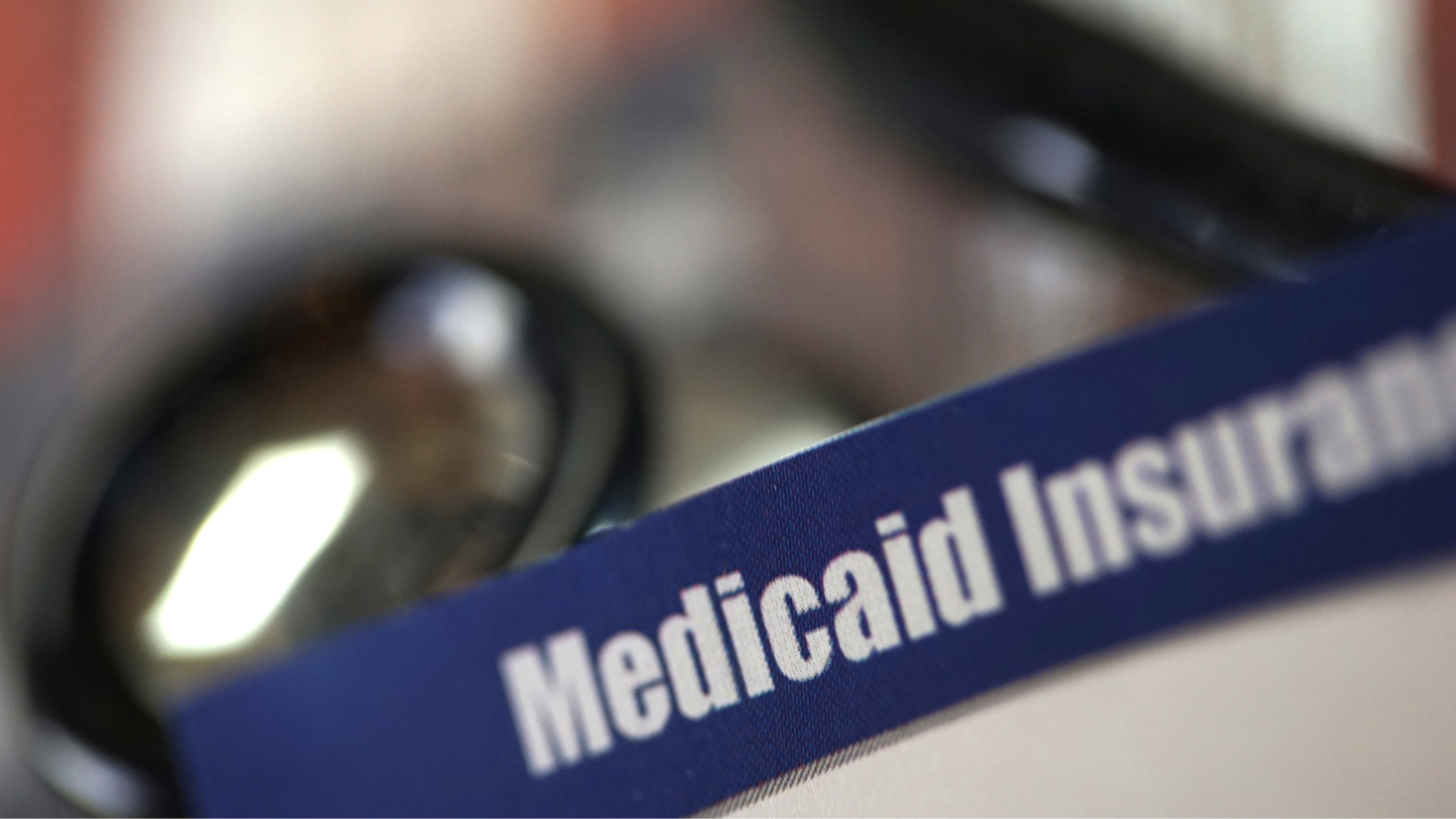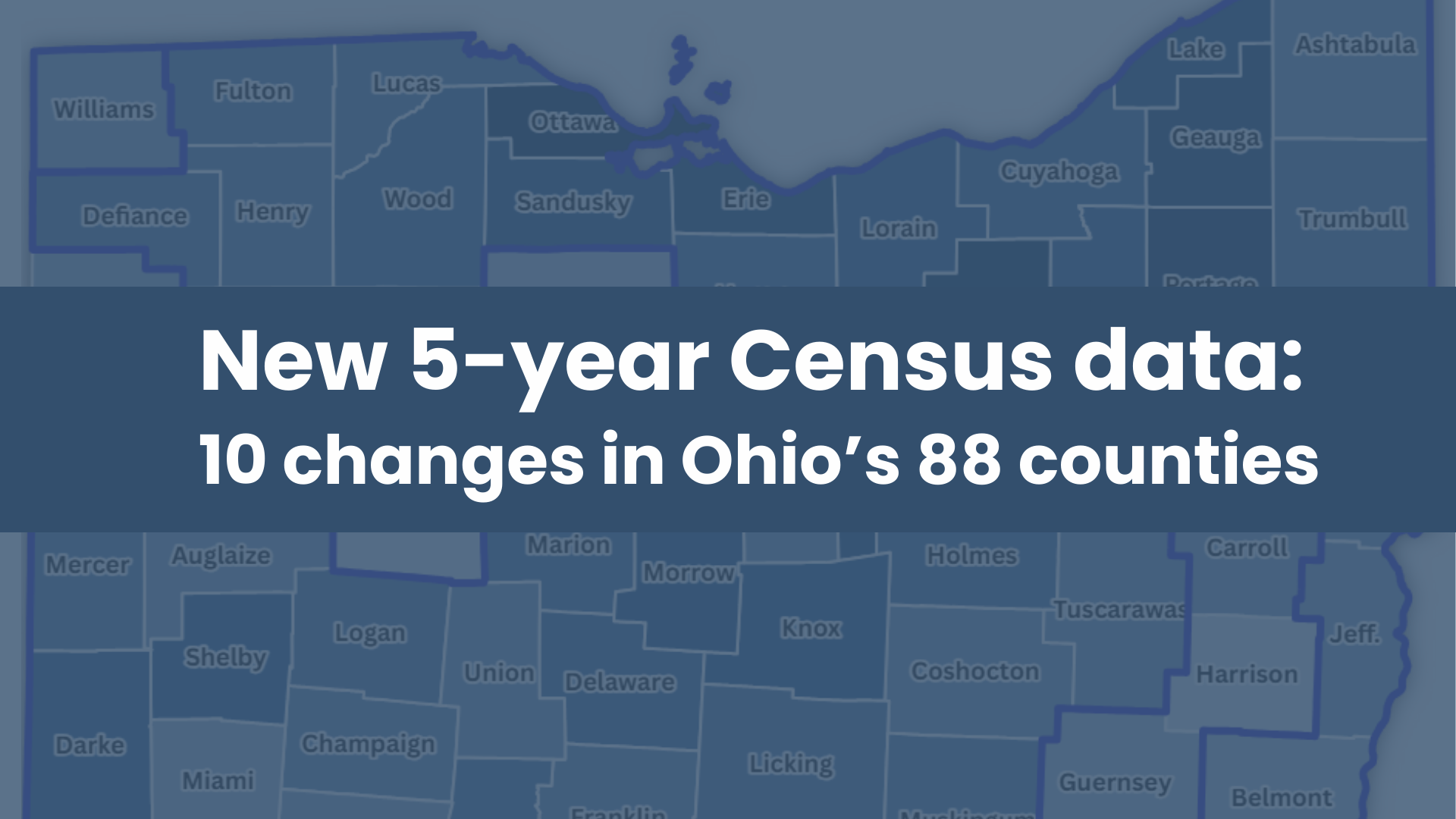The state budget is one step closer to leaving the Ohio House of Representatives and heading to the Ohio Senate. On April 1, 2025, the House Finance Committee released Substitute House Bill 96, which includes the House Finance Committee’s first round of changes to Governor DeWine’s budget proposal. The House Finance Committee heard testimony on the substitute bill on April 2 and April 3.
The Finance Committee will likely incorporate more changes to the bill through an omnibus amendment.
After this stage of the process is complete, the Finance Committee will likely incorporate more changes to the bill through an omnibus amendment, which is many amendments grouped into one large amendment. Then the Finance committee votes on this version of the bill and once approved, it moves to the House of Representatives for a vote. With an affirmative House vote, the budget moves to the Senate. The vote in the House is planned for Wednesday, April 9.
Substitute House Bill 96 includes changes to areas that fall within The Center for Community Solutions’ budget priorities. Some of the more noteworthy changes included in the substitute bill are highlighted below by budget priority.
Improve coordination, efficiency and access across public benefits, including Medicaid, SNAP, TANF and WIC.
The substitute bill does little to improve coordination, efficiency, and access across public benefits and works against this goal.
Medicaid
To cover the positive first, the bill requires the Ohio Department of Medicaid to establish a Medicaid waiver to provide services to Medicaid-eligible inmates who are within 90 days of release and provide 30 days of prescriptions at time of release.
There is a provision of the substitute bill that will work against improving coordination, efficiency, and access across the public benefit system is that the bill maintains the Governor’s proposed Medicaid trigger language. Downstream impacts of ending Medicaid expansion abound.
Another Medicaid related provision would reverse course from a policy included in the last state budget that would establish continuous Medicaid coverage for kids from age zero to their fourth birthday. Administratively, this would save county agencies from recertifying eligibility for kids through this age span, ensuring continuous Medicaid coverage in these critical early years.
SNAP work requirements and eligibility
The next two provisions are related to the Supplemental Nutrition Assistance Program (SNAP). The substitute bill prohibits SNAP able-bodied adults without dependents (ABAWD) work requirement waivers and exemptions, including exemptions for natural disasters, economic recessions, and domestic violence survivors. This provision would severely limit the ability of states to respond to human-caused and natural disasters by limiting the ability to waive work requirements amid these disasters.
The other provision is requiring SNAP recipients to report eligibility changes within 30 days, which is an unnecessary addition as households are already required to report income changes right away when their income exceeds the limit for their household size. Administratively, this is burdensome, and there is a current requirement for households to report income changes right away when their income exceeds the limit for their household size, creating redundancy to boot.
Support tax policies that center the realities of families as they juggle working, caretaking and making ends meet.
Neither the Governor’s budget nor the substitute bill included extensive tax policies that center on families and the realities they face while working, caretaking, and making ends meet.
The one provision included in the Governor’s budget, his proposal to create a $1,000 refundable tax credit per child ages 0 to 6, was removed in the substitute bill.
Advocate for solutions to health and human services issues that address the needs of Ohioans of every age.
The substitute bill includes a few changes in policy and funding as it relates to older Ohioans.
There is a $2 million/year increase in each year of the biennium proposed for adult protective services, bringing the total state funding per year to over $11 million.
PACE policy changes
There is a policy change related to the Program for All-Inclusive Care for the Elderly (PACE) included in the budget. PACE, in Ohio, was only recently expanded beyond Cuyahoga County. The budget proposes to implement presumptive eligibility for PACE, which would likely result in the ability of PACE participants to receive services more quickly.
The caveat being that if the person is later determined to be ineligible, the PACE organization who made the presumptive determination is responsible for any costs associated with the care for that person.
Improve data collection and sharing and implement strategies to improve maternal health, with a focus on those most impacted by severe outcomes and death.
The substitute bill currently includes a provision that would set back Ohio’s progress on expanding access to doula services, which we know is important to reducing infant and maternal mortality rates.
Limiting availability of doula services
The bill includes language that would limit Medicaid’s coverage of doula services, which was only authorized in the last state budget, to the six counties in the state with the highest infant mortality rate and cap the total Medicaid spend on doula services to $500,000/year. This would severely limit the availability of doula services, geographically and financially, and likely, only to families in those six counties who give birth earlier in the state fiscal year.
Reductions to infant and young children programming
There was generally disinvestment in programming for young kids across childcare, kindergarten readiness and home visiting in this latest version of the state budget. To add to this list, dedicated funding for infant vitality was reduced in the Department of Children and Youth’s budget. Infant and maternal health are inextricably linked, and this reduction will affect communities across Ohio supported by these funds.
Support the continuum of care for children and youth with behavioral health needs.
The substitute bill maintains funding for the OhioRISE program and MSY wraparound funds and adds two more provisions to increase availability of behavioral health care across the state.
One provision will maintain the $20.0 million in general revenue funding included in the Governor’s proposed budget to establish more school-based health centers. The other provision is that the Department of Behavioral Health will maintain the ability to certify Certified Community Behavioral Health Clinics.
Medicaid and behavioral health
There are several Medicaid related provisions included in the substitute bill that would significantly change access to behavioral health services in Ohio, which continue to be debated through this phase of the budget process.
Advocate for more funding for harm reduction.
The only dedicated funding in the budget for harm reduction was reduced in the substitute bill from $500,000 over the biennium to $315,231.
Block grants maintained, but...
This dedicated funding will still support local health providers’ harm reduction efforts to reduce overdose rates and deaths, but at a lower level. The substitute bill maintains the Governor’s budget level of funding for state block grants to be allocated to Alcohol, Drug Addiction and Mental Health Services (ADAMHS) boards.
Fentanyl testing expansion and legalization
While not tied to funding for harm reduction, the substitute bill maintains the Governor’s provision to expand beyond fentanyl testing strips, items that may be lawfully possessed and used to test for the presence of drugs and to prevent drug poisoning, without being in violation of Ohio’s drug paraphernalia laws.
With the final hours of the state budget being in the House comes the final opportunity for advocates and interested parties to contact their state representatives to advocate for their priorities.
Last chance to advocate! (for now)
After this week, all advocacy efforts should be focused on the Ohio Senate as the House’s job with the budget will be complete, until conference committee later this spring as the chambers reconcile the differences between their versions of the budget. The Center for Community Solutions will provide an analysis of the budget once it is finalized in the Ohio House and will continue budget covered when it is in the Ohio Senate.








